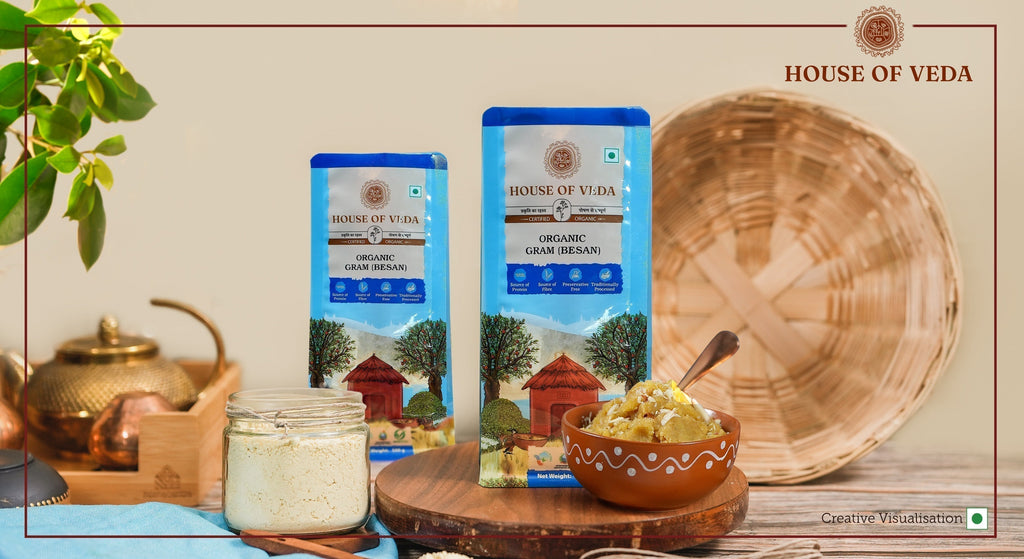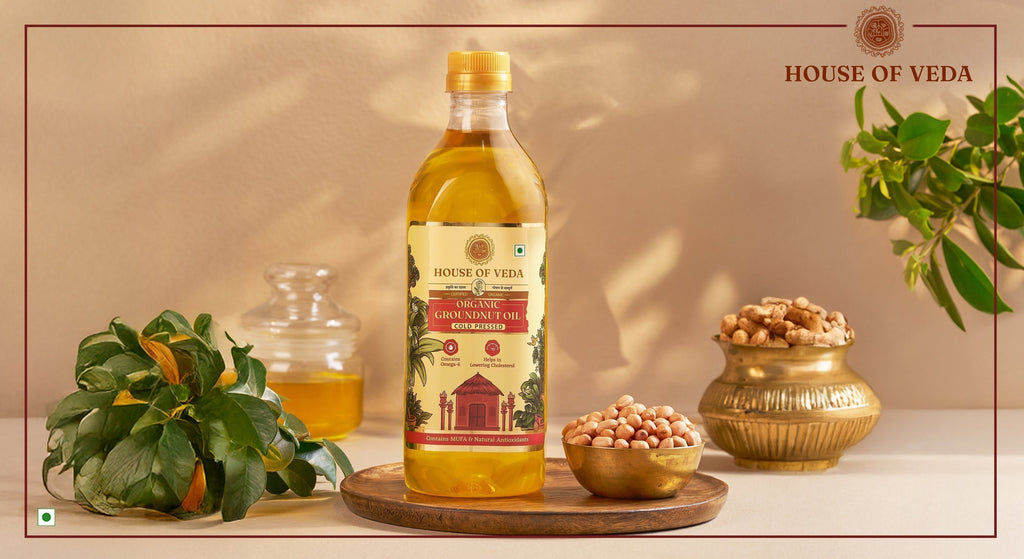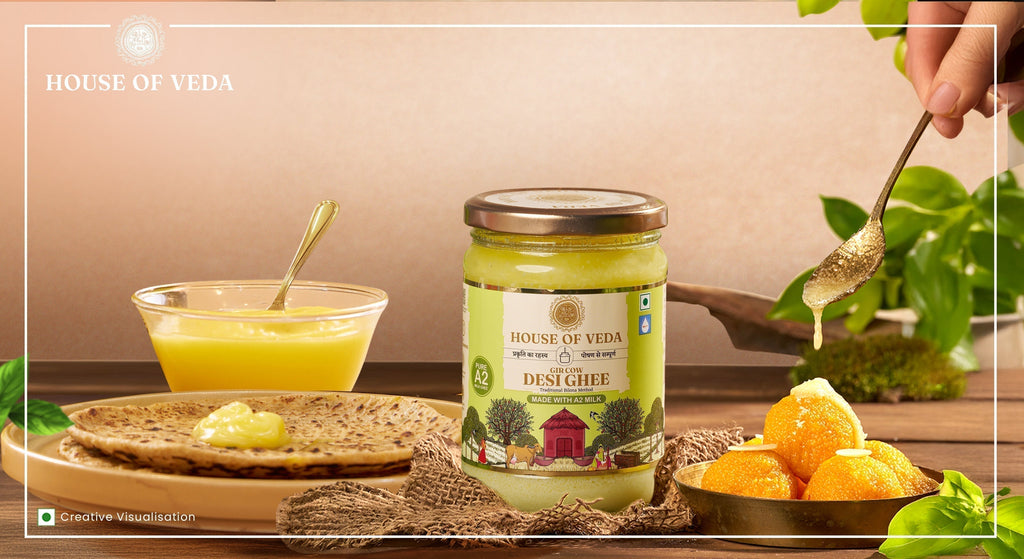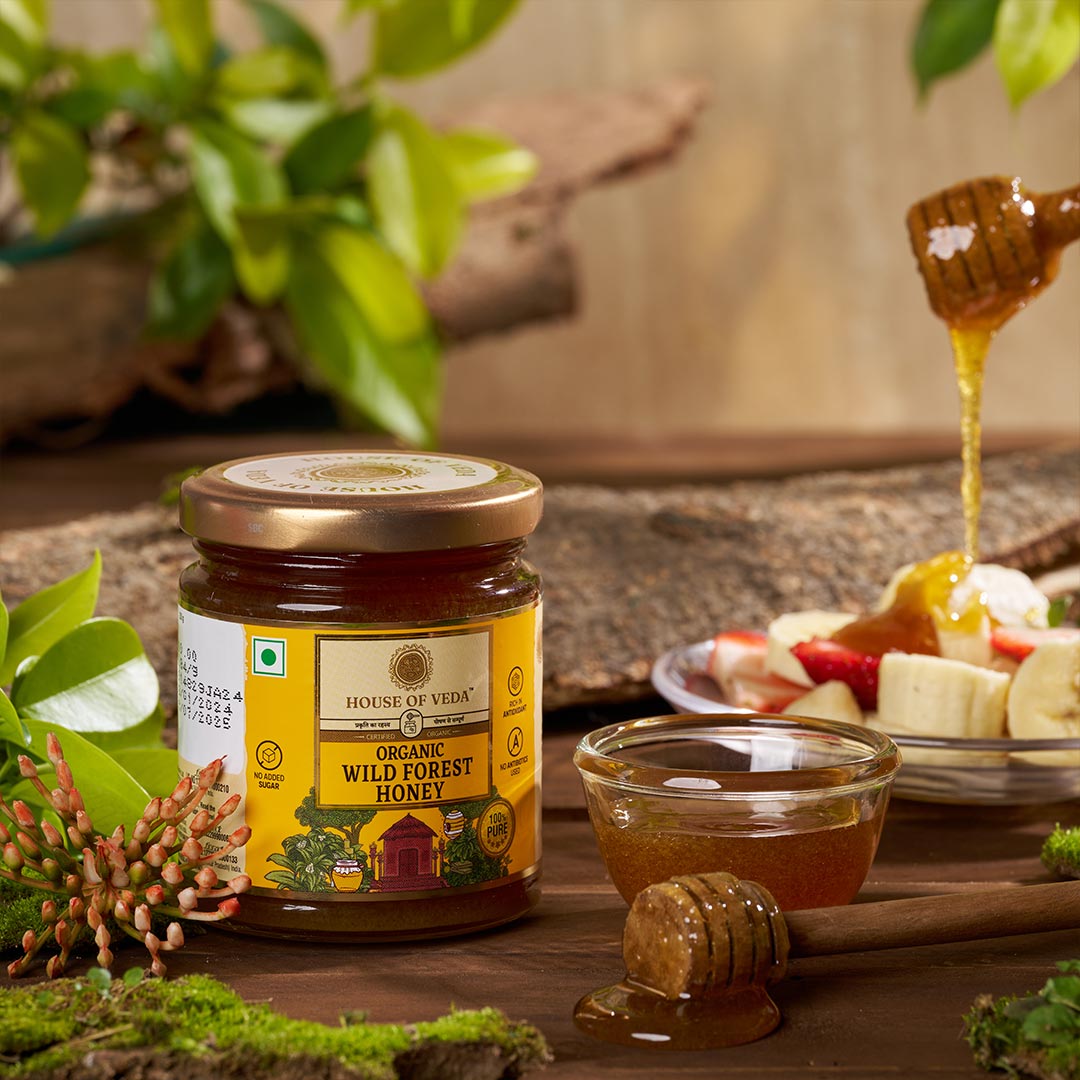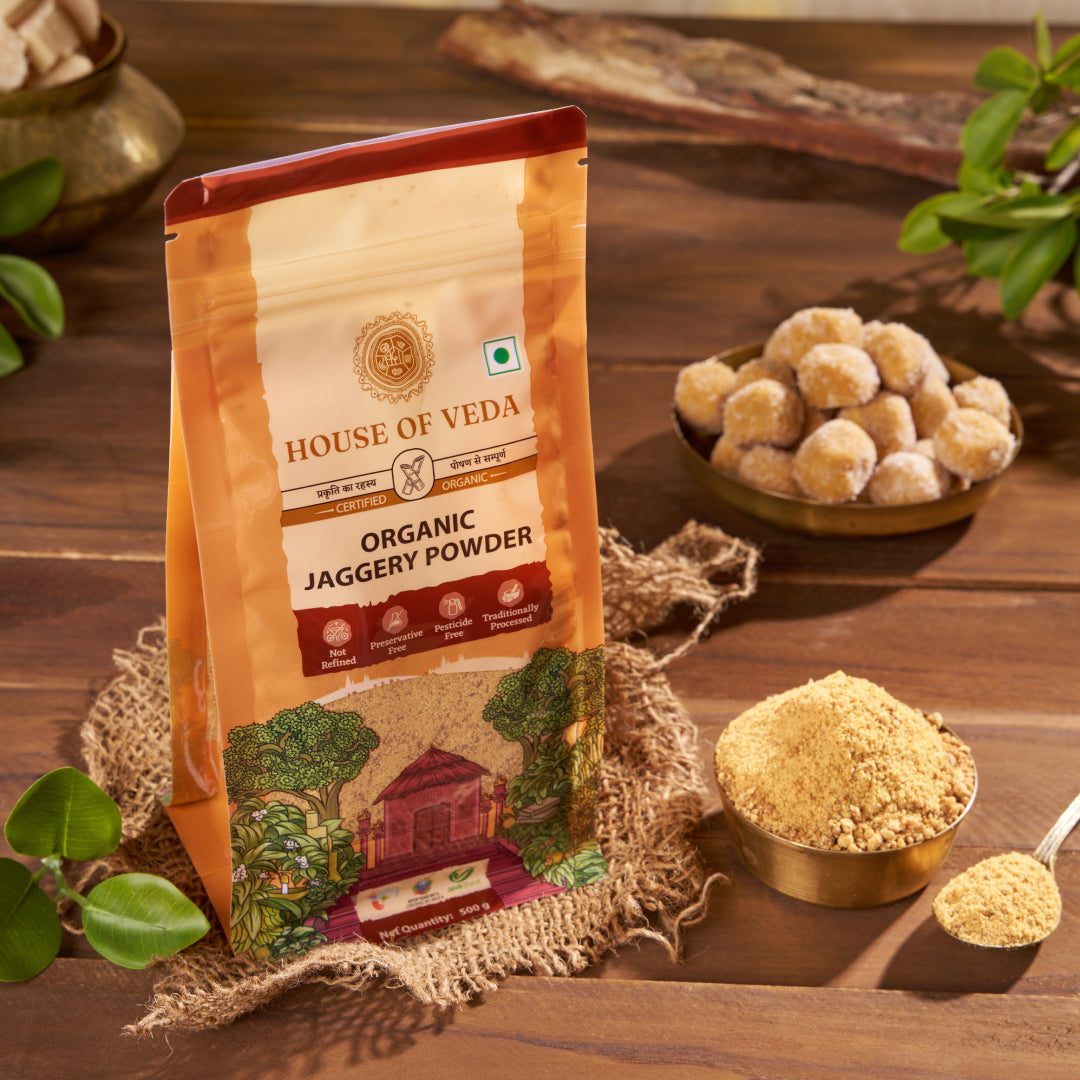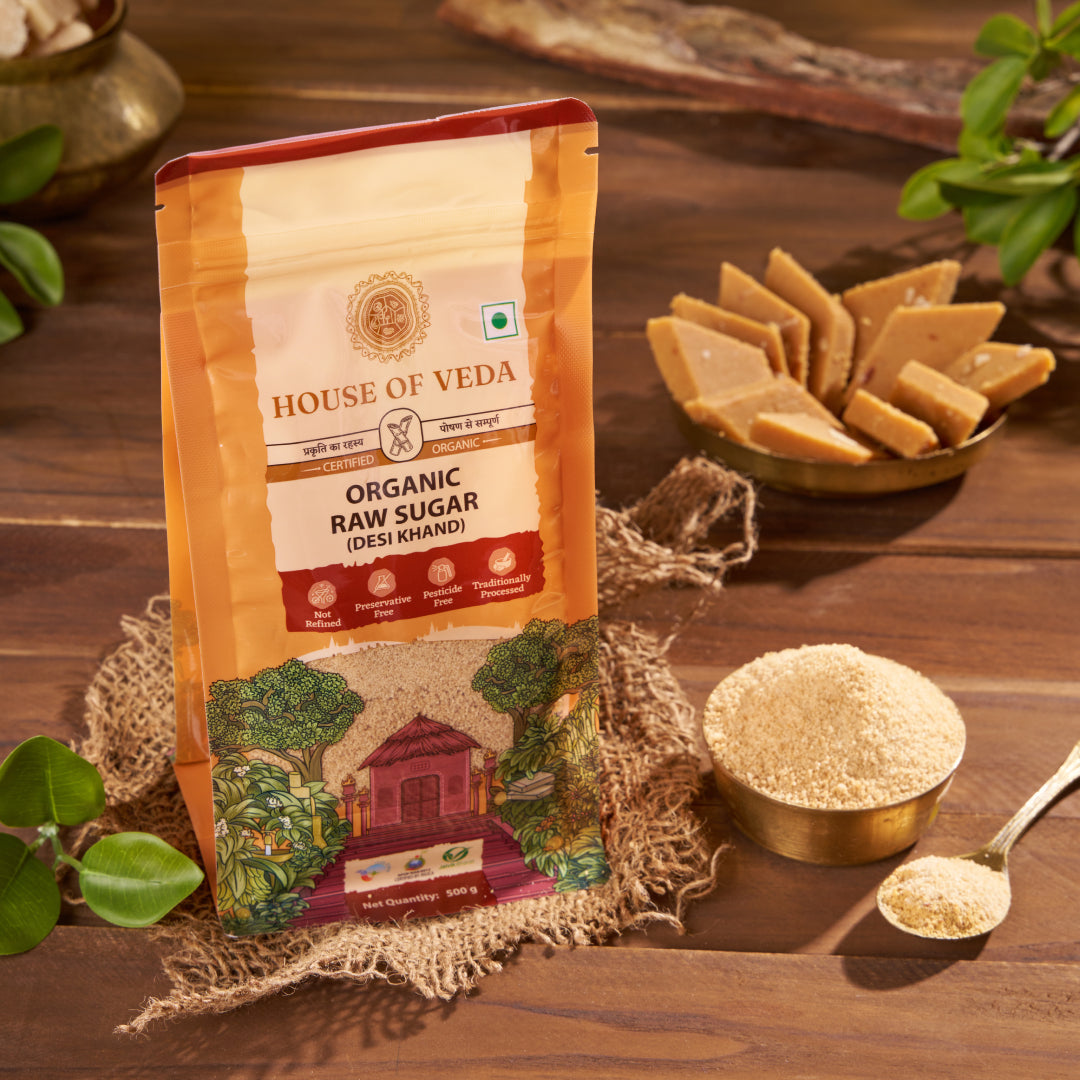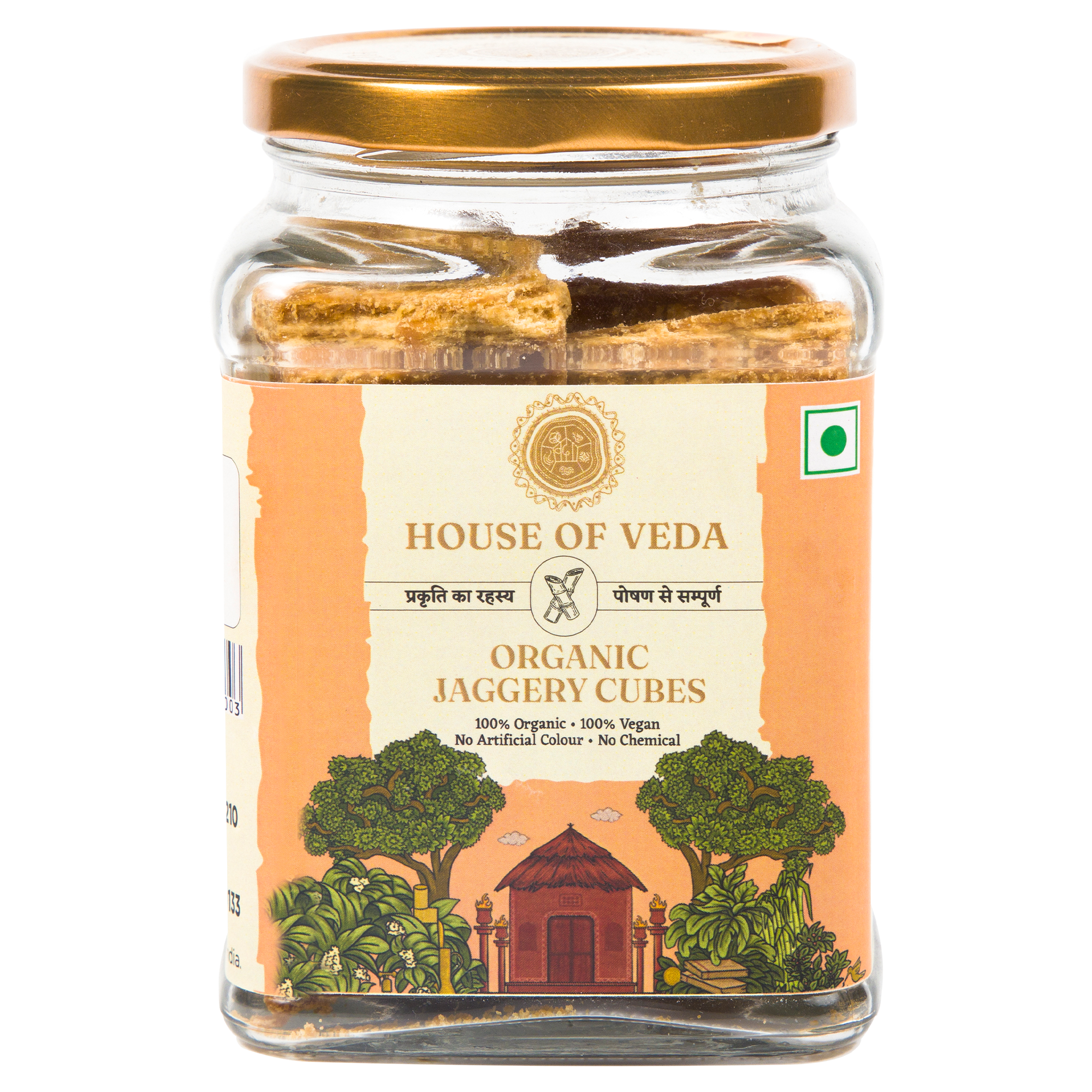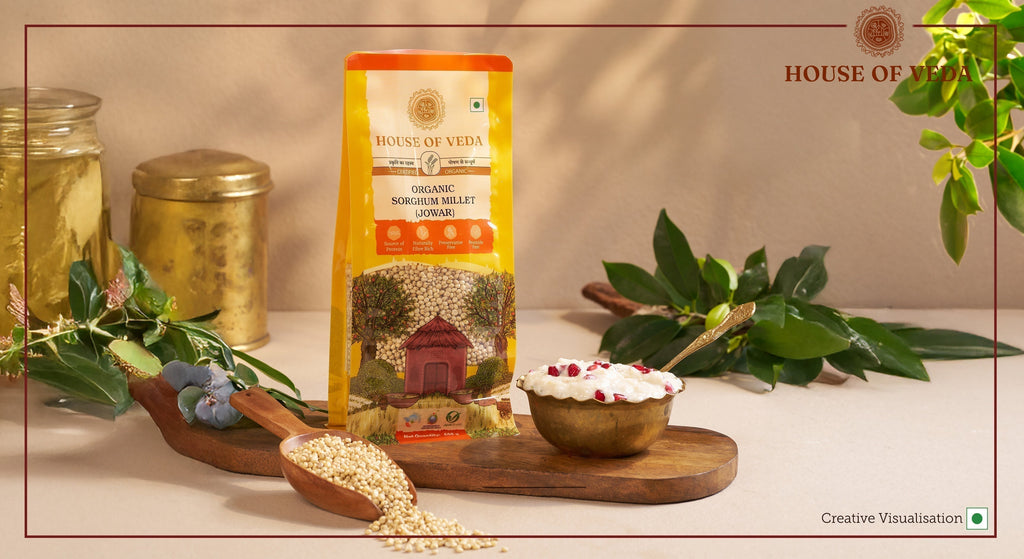
Jowar Benefits: A Nutritious Millet for Modern Healthy Living

Jowar is an ancient grain that has sustained civilizations for over 5,000 years. It is also known as sorghum, classified scientifically as Sorghum bicolor, this cereal grain belongs to the Poaceae family, just like wheat, maize, and rice. Today, it is recognized for its versatility, resilience, and rich nutritional profile, making it a health-conscious choice worldwide.
What Defines Jowar as a Grain?
Jowar is considered a whole grain packed with carbohydrates, fiber, and micronutrients. Unlike refined grains, it retains its bran, germ, and endosperm, providing a dense nutrient package with benefits for digestion, heart health, and metabolism. Jowar is drought-resistant, making it a sustainable crop.
Jowar vs Sorghum: Are They the Same?
Yes, jowar and sorghum are the same. "Jowar" is the Indian name, while "sorghum" is the internationally recognized term. Whether you call it jowar millet, sorghum millet, or great millet, the nutritional and health benefits remain consistent.
Common Names: Jowar Millet, Sorghum Millet
Jowar is often referred to by various names globally:
- Sorghum millet (global)
- Jowar (India)
- Great millet (Africa)
- Milo (USA
Jowar Grain Profile and Global Usage
Jowar is consumed globally across India, Africa, Australia, and parts of the Americas. It is used to make rotis, porridges, upma, dosas, and gluten-free baked goods. As a gluten-free alternative to wheat, jowar has found a prime spot in modern diets focused on gut health and sustainable living.
Cultivation and History
Jowar originated in Africa and later spread to Asia and the Americas. It thrives in arid climates and requires minimal water, making it an environmentally friendly crop. Historically, jowar was a staple for farmers and rural communities who depended on its energy-rich profile for physical labor.
Understanding Jowar Nutritional Profile

Here’s a breakdown of jowar nutrition facts per 100g:
- Calories: 329 kcal
- Carbohydrates: 72.1 g
- Protein: 10.4 g
- Fat: 3.1 g
- Dietary Fiber: 6.7 g
- Iron: 4.1 mg
- Calcium: 13 mg
- Magnesium: 168 mg
Jowar is rich in complex carbohydrates, fiber, plant-based protein, and essential minerals like magnesium and iron.
Key Nutrients in Jowar
Jowar is a potent source of B-vitamins, phosphorus, potassium, zinc, and antioxidants like tannins and phenolic acids, contributing to its anti-inflammatory and disease-fighting properties.
Jowar Flour Nutrition vs Whole Grain
Jowar (also known as sorghum) is a nutrient-dense millet, and both its whole grain and flour forms are commonly used in Indian and global cuisines. While both forms offer impressive health benefits, there are slight nutritional differences that arise during the milling and processing of whole jowar into flour.
Whole Jowar Grain: Nutritional Powerhouse in Its Natural Form
Whole jowar retains its bran, germ, and endosperm, making it a whole grain with maximum nutritional integrity. It is naturally rich in dietary fibre, plant-based protein, antioxidants (like polyphenols), iron, phosphorus, and B vitamins. Whole jowar is particularly beneficial for those aiming for long-lasting energy, better digestion, and blood sugar regulation. A 100g serving of whole jowar grain provides approximately:
- Calories: ~329 kcal
- Carbohydrates: ~72g
- Dietary Fiber: ~6.7g
- Protein: ~10.2g
- Fat: ~3.5g
- Iron: ~4.1 mg
- Calcium: ~25 mg
- Potassium: ~350 mg
Jowar Flour: Easy-to-Use with Slight Nutrient Variation
Jowar flour is produced by grinding the whole grains. In minimally processed jowar atta, much of the bran and germ is preserved, thereby retaining most of the nutrients, including dietary fiber, complex carbohydrates, and essential minerals. However, if the flour is refined or finely milled, it can lose a part of its outer bran layer, which may slightly reduce its fiber and vitamin B content.
Despite this, jowar flour still provides:
- A high fiber content, which supports digestion and satiety
- A low glycemic index, beneficial for diabetes management
- Good levels of magnesium, phosphorus, and iron
- Adequate plant-based protein for vegetarians and vegans
Jowar flour is versatile and convenient for making rotis, porridge, pancakes, and baked goods. A 100g serving of jowar flour typically offers:
- Calories: ~339 kcal
- Carbohydrates: ~72g
- Dietary Fiber: ~6g
- Protein: ~9.6g
- Fat: ~3g
Health Benefits of Jowar

1. Jowar Benefits for Digestion
Jowar’s high fiber content aids in regular bowel movements, prevents constipation, and promotes a healthy gut microbiome. The insoluble fiber adds bulk to the stool and detoxifies the digestive tract naturally.
2. Jowar Benefits for Diabetes
The low GI of jowar helps regulate blood sugar levels by slowing glucose absorption. Studies show that diets rich in sorghum reduce insulin resistance, making jowar a diabetic-friendly choice.
3. Jowar for Heart Health
Rich in antioxidants like phenolic compounds, jowar combats oxidative stress, reduces inflammation, and supports cardiovascular health by improving lipid profiles and reducing bad cholesterol (LDL).
4. Jowar Benefits for Weight Loss
Jowar is low in calories and high in fiber, keeping you fuller for longer. Its slow-digesting carbs curb sudden hunger pangs, thus supporting sustainable weight loss efforts.
Is Jowar Roti Good for Weight Loss?
Absolutely. Jowar roti, made from jowar flour (sorghum), is an excellent addition to a weight-loss diet due to its high fiber content, low glycemic index, and complex carbohydrates that aid in satiety, reduce cravings, and stabilize blood sugar levels.
1. High Fiber Content for Satiety
Jowar is packed with dietary fiber around 6 to 8 grams per 100g which slows down digestion and helps you feel fuller for longer. This reduces the chances of overeating or frequent snacking, creating a natural calorie deficit over time.
2. Low Glycemic Index (GI)
The glycemic index of jowar is relatively low (between 62–68, depending on processing), which means it doesn't spike blood sugar levels quickly. This is especially beneficial for people trying to lose weight or manage diabetes, as stable blood sugar reduces hunger pangs and insulin spikes.
3. Gluten-Free and Gut-Friendly
Jowar is naturally gluten-free, making it suitable for people with gluten intolerance. Its fiber also supports gut health and healthy digestion, which are essential for efficient metabolism.
4. Rich in Resistant Starch
Jowar contains resistant starch, which resists digestion in the small intestine and functions like soluble fibre. It supports fat metabolism and has been linked to increased fat burning and better hormonal balance, especially in overweight individuals.
5. Nutrient Density with Fewer Calories
A single jowar roti (around 50g) contains roughly:
-
120–130 kcal
-
3g protein
-
2g fiber
-
No refined flour or added fats
This makes it a nutrient-dense, low-calorie staple which is perfect for anyone looking to eat clean without compromising on taste or satiety.
Pro Tip for Weight Loss:
Pair jowar roti with high-protein accompaniments like dal, paneer, or leafy greens to enhance its satiety value and build a balanced plate that supports fat loss and lean muscle retention.
Jowar Benefits for Skin and Hair
Jowar (sorghum) isn't just a nutritional powerhouse for internal health—it also plays a valuable role in enhancing skin and hair wellness, thanks to its rich composition of antioxidants, minerals, and vitamins.
1. Rich in Skin-Friendly Antioxidants
Jowar contains compounds like tannins, phenolic acids, and anthocyanins, which help neutralize free radicals responsible for premature aging, dullness, and wrinkles. These antioxidants support collagen production and maintain the skin’s elasticity, giving a youthful and glowing appearance.
2. Promotes Even-Toned, Radiant Skin
With a good amount of vitamin E and essential fatty acids, jowar helps in reducing pigmentation and uneven skin tone. The anti-inflammatory nature of these compounds helps calm skin irritation, control acne, and prevent flare-ups in sensitive or acne-prone skin
3. Boosts Hair Strength and Growth
The presence of iron and zinc in jowar promotes better blood circulation to the scalp, which nourishes the hair follicles and supports healthy hair growth. Zinc also plays a role in maintaining the structure of proteins in the hair shaft, reducing breakage and hair thinning.
4. Controls Scalp Inflammation and Dandruff
The anti-inflammatory and antifungal properties of bioactive plant compounds in jowar help soothe scalp conditions such as dandruff, dryness, and itchiness. This results in a cleaner, healthier scalp environment that fosters better hair quality.
5. Enhances Natural Detoxification
Jowar’s high fiber content promotes gut health and regular detoxification, which has a direct impact on skin clarity. A clean, well-functioning digestive system helps reduce toxin buildup, a common cause behind breakouts, dull skin, and hair fall.
Jowar vs Wheat and Bajra
- Jowar is gluten-free, while wheat contains gluten.
-
Bajra (pearl millet) and jowar both offer fiber and minerals but differ slightly in taste and GI levels.
Difference Between Jowar and Bajra
- Jowar: Smoother texture, slightly sweet taste, high in antioxidants.
-
Bajra: Coarse texture, earthy taste, higher in iron and potassium.
Jowar or Bajra – Which is Better?
Both have excellent health benefits, but jowar is preferred for managing diabetes and weight loss due to its lower glycemic index and higher antioxidant content.
Jowar vs Wheat Nutrition Comparison
Jowar offers higher fiber and antioxidants compared to wheat and is gluten-free, making it better for those with gluten intolerance or celiac disease.
Common Side Effects from Overconsumption
jowar millet benefitsExcessive fiber intake from jowar can cause bloating, gas, or constipation if not paired with sufficient hydration.
Allergies or Intolerance Risks
Rarely, some individuals may have a mild allergic reaction to sorghum proteins, though such cases are extremely uncommon.
Fermentation or Digestion Issues
In individuals with sensitive digestion, improperly cooked jowar could cause slight fermentation in the gut. Soaking the grain before cooking can help.
Jowar (sorghum) isn't just a nutritional powerhouse for internal health—it also plays a valuable role in enhancing skin and hair wellness, thanks to its rich composition of antioxidants, minerals, and vitamins.
What Are the Uses and Advantages of Jowar Flour?
Jowar flour is versatile — ideal for rotis, pancakes, porridges, and gluten-free baking. It enhances dietary fiber, boosts iron intake, and supports digestive health.
Jowar Atta Benefits vs Refined Flours
Unlike refined flours, jowar atta is minimally processed, retaining its natural fiber, minerals, and antioxidants
Jowar Roti Benefits in Daily Diet
Incorporating jowar roti into daily meals improves metabolism, stabilizes blood sugar, and aids in sustained energy release.
(Average jowar atta price ranges from ₹80-₹150 per kg depending on brand and quality.)
What Are Popular Ways to Cook Jowar?

1.Jowar Roti – Ingredients, Calories, and Benefits
-
ingredients: Jowar atta, warm water, pinch of salt.
-
Calories: ~110 per medium-sized roti.
-
Benefits: Low GI, gluten-free, gut-friendly.
2.Jowar Porridge for Breakfast
Boil jowar flour in milk or water with jaggery for a delicious, energy-packed morning meal.
3.Jowar Flour Pancake, Muffins, or Crackers
Mix jowar flour with banana, eggs, and baking powder for gluten-free pancakes or savory muffins.
4.Jowar for Baby Food or Elderly Nutrition
Cooked jowar porridge or soft rotis are excellent for baby weaning and elderly nutrition due to easy digestibility and high nutrient density.
How Does Jowar Support Metabolic Health?
The high fiber and low GI properties of jowar slow digestion, reduce blood sugar spikes, and regulate appetite.
Low GI Effect on Blood Sugar
Jowar’s slow glucose release reduces the risk of type-2 diabetes and helps maintain steady energy levels throughout the day.
Appetite Regulation from Fiber
The fibre expands in the stomach, sending satiety signals to the brain and preventing overeating.
Jowar in Diabetic Diets
Nutritionists recommend jowar for diabetics as a wholesome alternative to polished rice and wheat.
Weight Loss-Friendly Jowar Meal Plans
Incorporate jowar rotis, porridge, and salads to create a calorie-deficit yet nutrient-rich meal plan for sustainable weight management.
Conclusion: Should You Include Jowar in Your Diet?
Absolutely! With its remarkable nutrition profile, gluten-free advantage, and vast health benefits, jowar deserves a regular spot in your diet. Whether you seek better digestion, weight loss, diabetes management, or heart health, jowar can support your wellness journey naturally and deliciously.
Ready to add Jowar to your diet?
Try House of Veda’s Organic Sorghum Millet (Jowar) for a clean, natural way to support your health—one wholesome meal at a time.
FAQs
1.Is jowar gluten-free?
Yes, jowar is completely gluten-free.
2.Can jowar be eaten daily?
Yes, when balanced with hydration, jowar can be consumed daily.
3.What are the carbs in jowar per 100g?
Jowar contains approximately 72g of carbohydrates per 100g.
4.Is jowar good for skin?
Yes, its antioxidants promote youthful skin and prevent aging.
5.Is jowar heat or cold?
Jowar has a neutral to cooling effect, making it suitable for summer diets.
"The House Of Veda Stands By The V-E-D-A Principles. Every Blog We Write And Every Product We Offer Is Built On Verified Experience And Expertise. We Are Committed To Dependability And Authenticity, Ensuring That Our Community Receives Nothing But The Best In Organic Wellness."
"V-E-D-A" (Experience, Dependability, Authority, And Authenticity)



